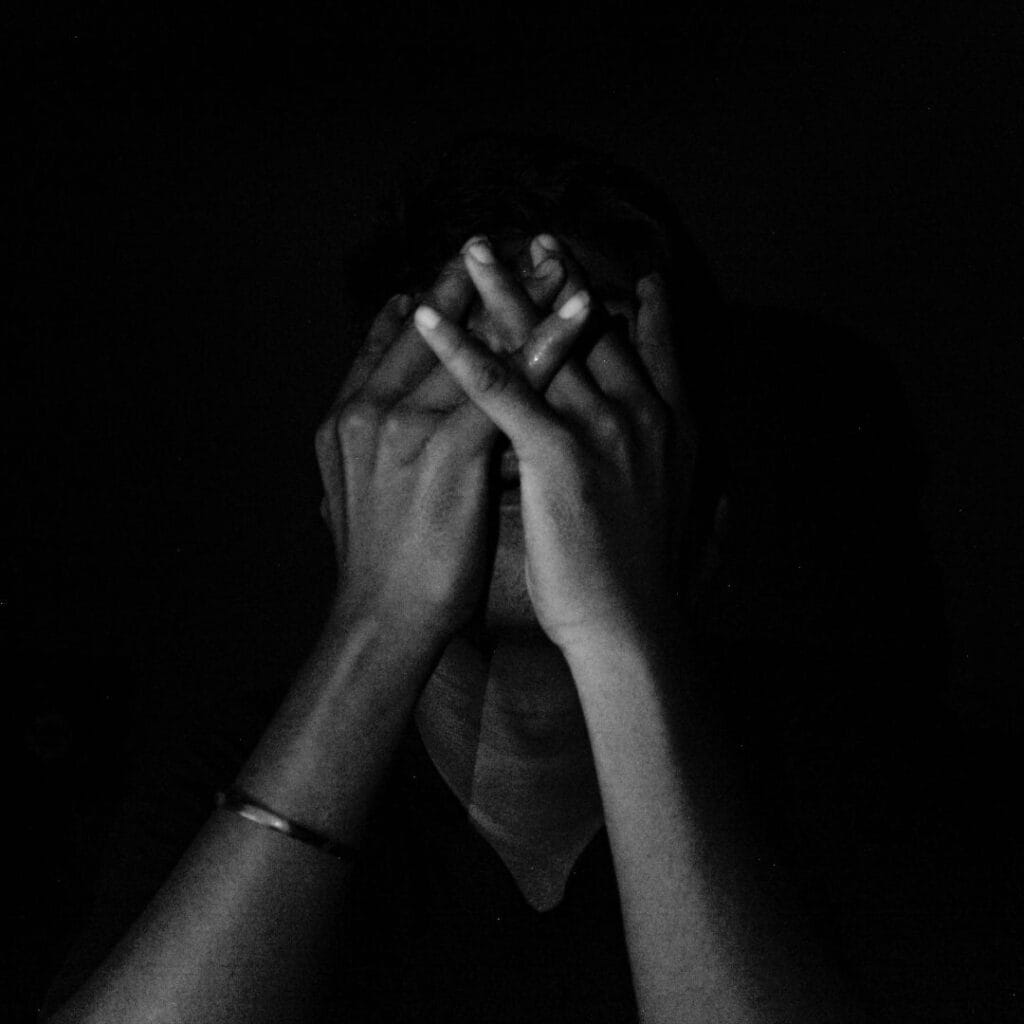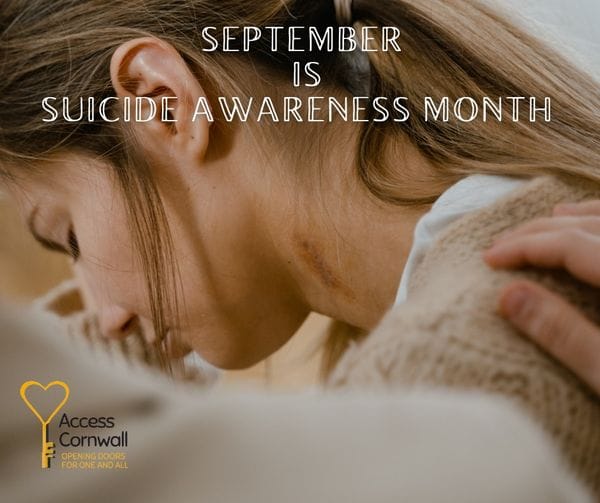Suicide Prevention: Understanding the High Rates Among Disabled People

September is Suicide Prevention Awareness Month, a time dedicated to shedding light on the often silent struggle of those battling mental health issues.
While suicide affects individuals from all walks of life, one group that is frequently overlooked in this conversation is people with disabilities. Shockingly, research has shown that disabled people are three to four times more likely to die by suicide than non-disabled people, according to data released in 2021.
For disabled men, the risk is three times higher, and for women, it is four times higher.
These figures should be horrifying, but unfortunately, they only provide more evidence that disabled people are the hardest hit by life’s toughest moments—whether it’s cuts in public services, inadequate health and social care systems, or the often complex and dehumanising benefits system.
The numbers underscore a devastating reality: the barriers faced by disabled people increase their vulnerability to despair, lonliness and mental health crises.

Each person’s experience is unique, but there are common challenges that can increase the risk of suicide:
Social Isolation: Many disabled people face social isolation, either because their environments are inaccessible or due to societal stigma and discrimination. The isolation can lead to feelings of loneliness, depression, and a sense of not belonging—key risk factors for suicide.
Chronic pain and health issues: For individuals with physical disabilities or chronic illnesses, living with persistent pain or health complications can be exhausting. The burden of managing a disability can lead to a sense of hopelessness, especially when pain is not well-managed or when treatments fail to provide relief.
Discrimination: Sadly, discrimination against people with disabilities, remains a pervasive issue. Disabled individuals often encounter prejudice in their daily lives, from workplace discrimination to inaccessible public spaces. This can create feelings of worthlessness, leading to depression and suicidal thoughts
Money troubles: The financial barriers faced by disabled people are significant. Many are unable to find employment due to discriminatory hiring practices or lack of accommodations. As a result, they may experience financial insecurity, further exacerbating mental health struggles.
Lack of Access to Mental Health Care: Mental health care services are not always accessible for disabled individuals, either due to physical barriers, cost, or a lack of providers trained to work with people with disabilities. This can leave those in crisis without the necessary support or treatment options.
With this in mind, our sister company the Association of Accessible Employers are currently offering free training to charities and mental health volunteers all around Cornwall, so do please contact us at hello@accesscornwall.org.uk if you feel this would be beneficial to you or your organisation.
Breaking Down Barriers
The stigma surrounding disability and mental health often makes people feel awkard about talking about the mental well-being of disabled people. Too often, their struggles are dismissed or minimised, with the focus remaining solely on their physical health. This perpetuates the idea that people with disabilities should be “grateful” for their lives, regardless of the daily challenges they face. It’s essential to break down these barriers and start having more open conversations about the mental health of disabled people. It’s time we recognise that physical health is just one piece of the puzzle and that mental health is equally important. Raising awareness, amplifying the voices of disabled people, and advocating for inclusive mental health resources are crucial steps in addressing the high suicide rates in this community.

How We Can Help:
As a society, we can take meaningful steps to support disabled individuals and reduce suicide rates within this community:
Promote Accessibility in Mental Health Care: Mental health professionals must be trained to understand the unique needs of disabled people. Clinics and hospitals should be physically accessible, and services should be available in formats that accommodate all types of disabilities.
Our sister company the Association of Accessible Employers are currently offering free training to charities and mental health volunteers all around Cornwall, so do please contact us at hello@accesscornwall.org.uk if you feel this would be beneficial to you or your organisation.
Peer Support Programs: Peer support groups, both in-person and online, provide disabled individuals with a space to connect, share experiences, and offer mutual support. These groups can reduce isolation and provide emotional outlets for those struggling.
Push for Policy Change: Disability advocates have long pushed for policies that promote inclusion and accessibility. Supporting these initiatives ensures that disabled people have equal access to education, employment, housing, and health care—all critical factors in improving mental health and reducing suicide risk. Cornwall Mind offer Peer support groups and you can find more information here: cornwallmind.org/what-we-do/wellbeing-service/peer-support-groups/
Tackling stereotypes: Addressing discrimination is critical. A helpful way to do this is to actively challenge harmful stereotypes and fight against discrimination in all its forms, creating a more inclusive and supportive society for people with disabilities. For example, highlighting the fact that people in wheelchairs can and do hold important workplace and community roles.

At Access Cornwall, we recognize the urgent need for mental health support within the disabled community. All of our staff members are trained Mental Health First Aiders and have undergone suicide prevention training to ensure that we are equipped to provide compassionate and informed support to those in need. Our commitment extends beyond accessibility in the physical sense—we strive to offer emotional and mental health support as well, fostering a safer environment for the disabled community.
Suicide Prevention Awareness Month is a call to action for all of us to pay attention to the silent struggles that often go unnoticed. Taking time to stop and talk, or more importantly to listen to someone who is going through challenges could be the moment that makes all the difference.
If you or someone you know is struggling, don’t hesitate to reach out for help.
Samaritans:116 123
Campaign Against Living Miserably (CALM): 0800 58 58 58 thecalmzone.net
Shout: 85258 (text SHOUT)
You are not alone.
